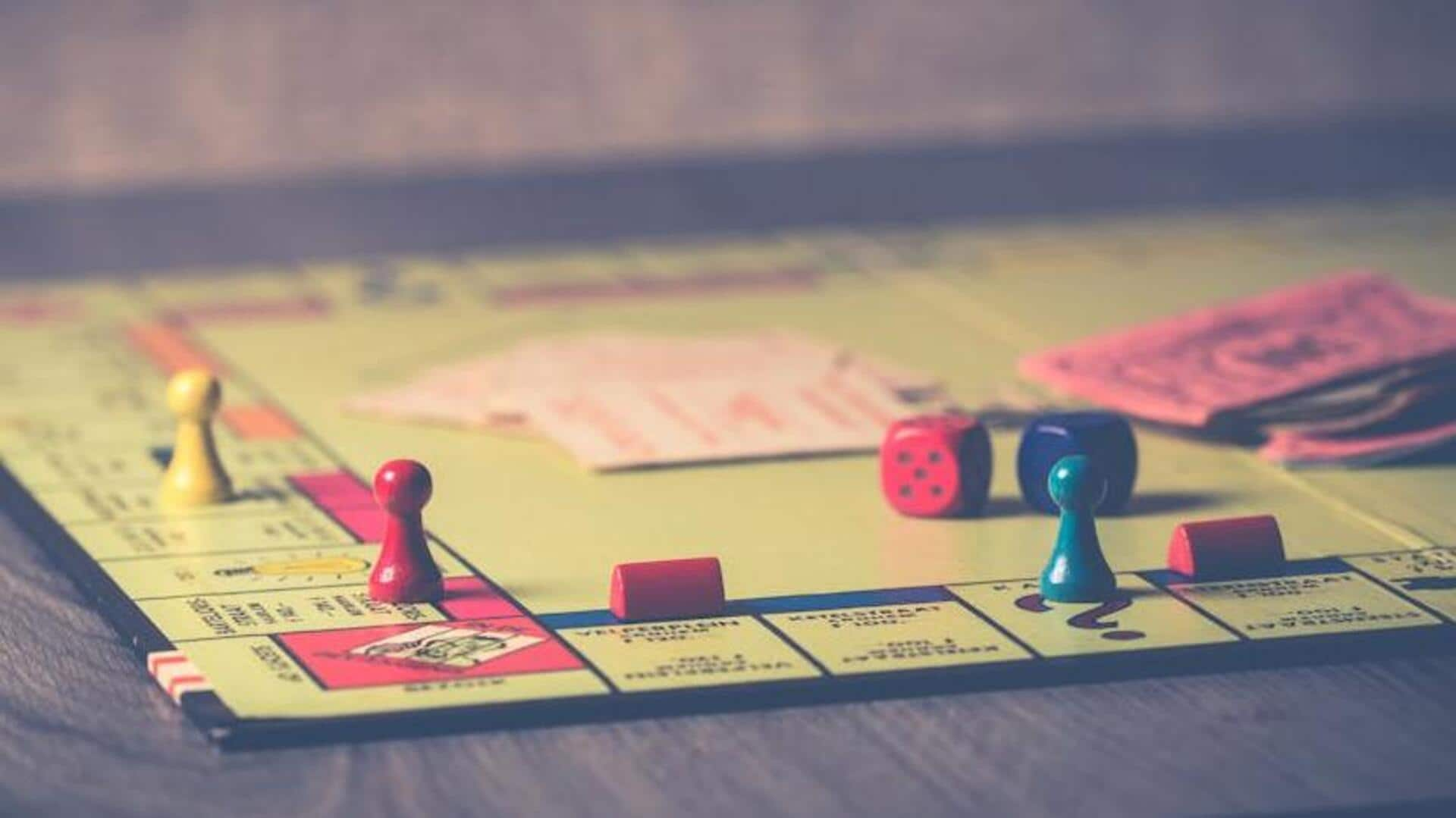
Establishing a daily board game habit
What's the story
Playing board games isn't just a fun pastime; it's a proven way to boost your cognitive and social health. By incorporating board games into your daily routine, you can enhance your memory, problem-solving abilities, and even strengthen your relationships. This article provides tips on how to make board games a daily habit, highlighting the mental and social benefits you can reap.
Choice
Selecting the right games
The key to building this habit is selecting the right board games. Choose games that align with your interest and skill level. If you enjoy strategy-heavy games like Chess or Settlers of Catan, great! But if you prefer quicker, more casual games like Ticket to Ride or Codenames, that's fine too. Having a variety keeps you engaged and makes you look forward to this daily activity.
Schedule
Setting a fixed time
Be consistent - Allocate a specific time each day that's just for board games. Maybe it's after dinner with your family, or during lunch breaks with your colleagues. By establishing a set time, you're making game-playing a fun and anticipated part of your day, not just something you might squeeze in if there's time.
Community
Involve friends and family
Board games are social activities by nature; they come alive with participation. Inviting your friends or family members to join not only multiplies the fun but also strengthens relationships. It fosters a sense of commitment; you will be more inclined to commit to your daily gaming habit as it becomes a shared experience and a source of enjoyment.
Exploration
Embrace learning new games
Don't hesitate to learn new board games on a regular basis. Grasping new rules, themes, and strategies stimulates and challenges your brain, promoting cognitive growth. Make it a monthly goal to learn at least one or two new games. This way, you'll slowly build your collection and always have something new to look forward to.
Reflection
Reflect on your experiences
Take time after each game session to reflect on what you enjoyed about the gameplay, any strategies that worked well for you, or how interacting with others during the game made you feel. This reflection not only enhances your appreciation of the game but also encourages mindfulness about why incorporating this habit into your routine benefits you personally and socially.